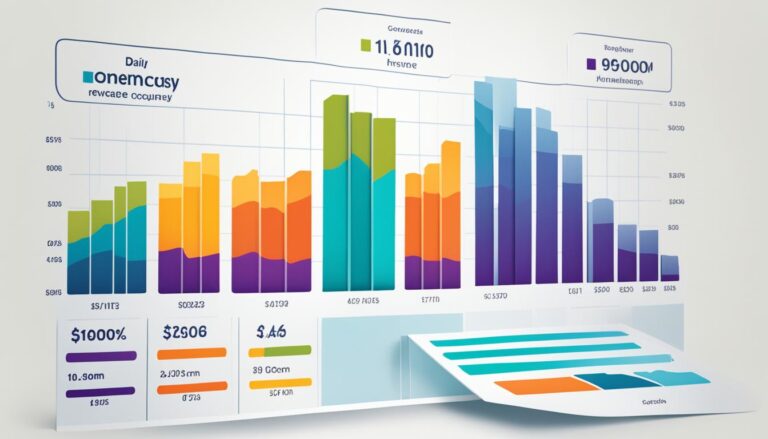
Performance measurement is a must for any organization but tracking the right metrics matters. It seems that the old metrics used by the hotels are being replaced by new generation of hospitality metrics due to the influence of technology. Mews report (Jan, 2025) suggests thought provoking new metrics for the hotels to track.
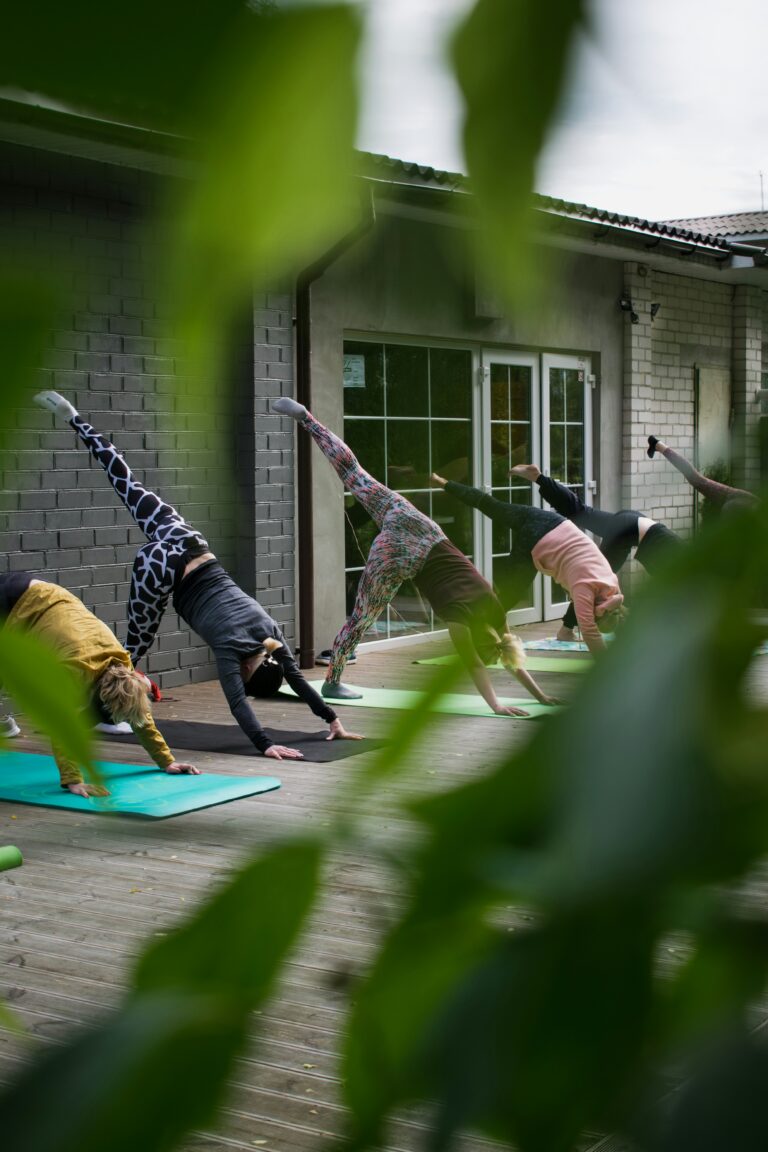
Based on the survey of 800 affluent travelers across six countries: the UK, US, France, China, UAE, and Saudi Arabia by International Luxury Travel Market (ILTM), one-size-fits-all spa retreats seem obsolete as striking 84% of affluent individuals are expecting wellness services to be transformative and tailored to their unique health goals.

Wellness has become a buzzword and ‘wellness-secondary travel’ category is on the rise. This segment is defined as “travelers who are visiting a destination for a purpose other than wellness but they still want to remain healthy while going about their business”. These customers take ‘health is wealth’ phrase seriously and are willing to pay a premium for quality sleep.
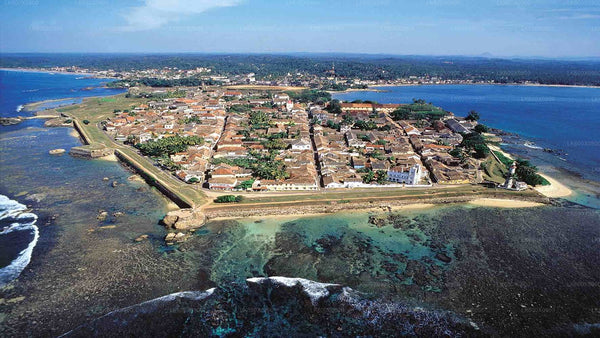
Secondary cities are in competition with major cities for group meetings due to the rising demand for affordable, accessible, and authentic experiences. This trend favors Sri Lanka to promote Secondary cities for MICE segments. Based on the assessment of growing popularity of the Secondary cities using 5As framework by Mike Schugt of Teneo Hospitality Group, the Brand P expresses the way forward for Sri Lanka.
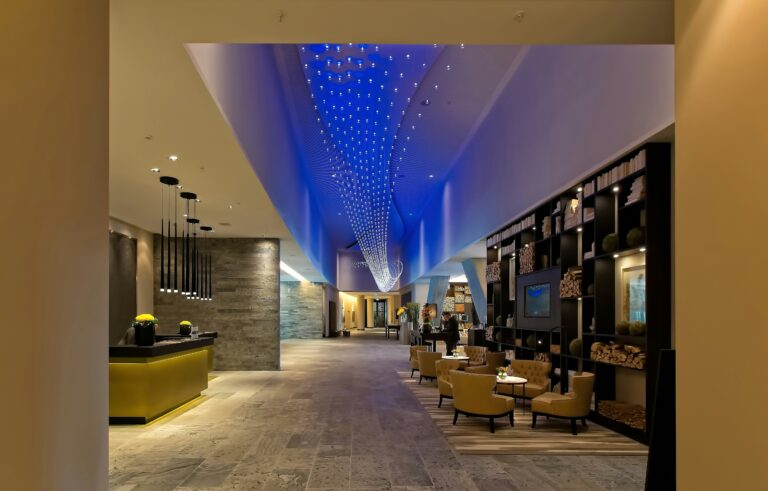
Among the top 10 hotel trends for 2025, Sustainability, Wellness, Remote work and Storytelling are here to stay. The other new hotel trends include Net-zero carbon footprint, Hyper-personalization, and Generation shift.

Emerging food trends shaping the culinary landscape in 2025 are influenced by ‘consumer preferences’ for Mindful eating and Personalized nutrition, the ‘trending cuisines’ such as Ethnic Fusion, Plant based evolution, Functional foods, Up-cycled Ingredients, Regenerative agriculture and Immunity-Boosting Foods and ‘industry practices’ such as Zero-waste cooking, Hyper-local sourcing, AI & Automation in Food Preparation, Ghost kitchens and virtual brands and Experiential Dining. Staying ahead of these trends is crucial for food and beverage operators to remain competitive and relevant in the hospitality in 2025.
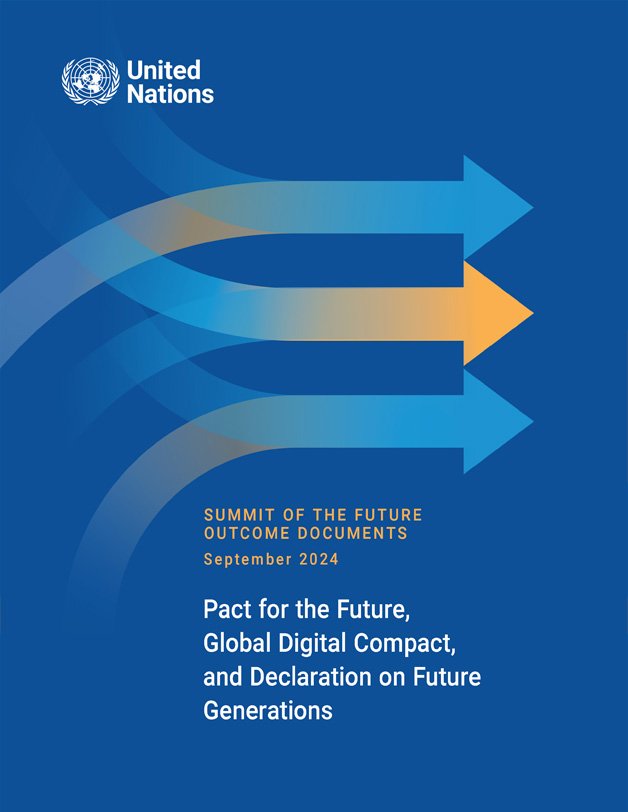
The ‘Pact for the Future’ introduced by UN in September 2024 covering Sustainable Development and ESG Practices, Climate action and Resilience, Technological innovation and Digital transformation, Social inclusion and Human Rights, Impact of Global Governance and Partnerships and Tourism and Cultural Preservation will bring both challenges and opportunities for the hospitality sector. Terence Ronson of Pertlink Ltd examines their impacts to the hospitality sector and the key areas to focus on with the support of AI.
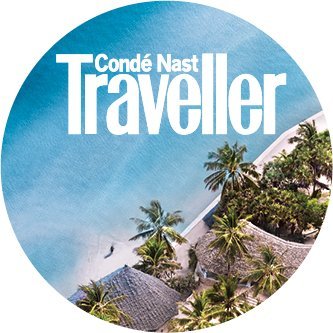
The Condé Nast Traveler, the global authority on high-end travel shows 21 new travel trend predictions to guide 2025. The trends that are of interest to Sri Lanka include; Travel gets lit, The long honeymoon, Female travel, Intrepid supper clubs, Female thrill-seeking sojourns, Athletic adventures, Longevity goes holistic, Hotel creative collabs, Detour destinations, The anti-butler boom, Locavore lounges and Night tourism.








